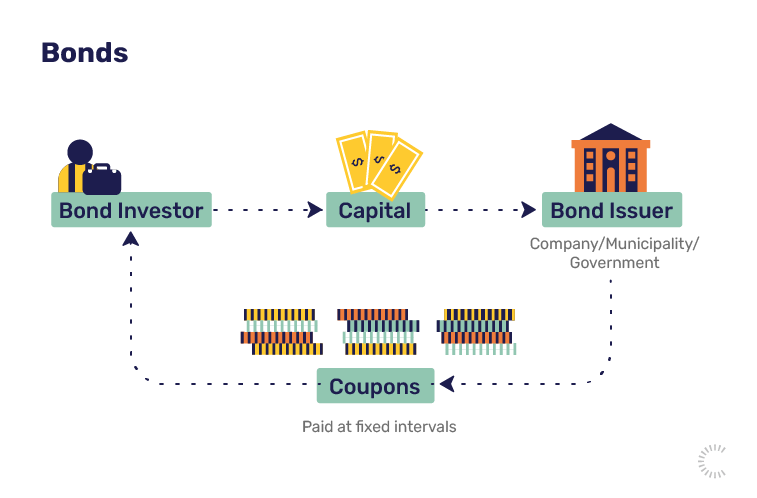If the idea of purchasing the stock market frightens you, you are not alone. People with really restricted experience in stock investing are either terrified by scary stories of the typical financier losing 50% of their portfolio valuefor example, in the 2 bearishness that have actually already taken place in this millennium or are beguiled by "hot pointers" that bear the promise of big benefits however rarely pay off.
The reality is that purchasing the stock exchange carries risk, but when approached in a disciplined manner, it is one of the Learn more most efficient methods to develop one's net worth. While the worth of one's home typically represents many of the net worth of the average private, most of the affluent and very abundant normally have the majority of their wealth bought stocks.
Secret Takeaways Stocks, or shares of a company, represent ownership equity in the company, which give investors voting rights as well as a residual claim on corporate revenues in the kind of capital gains and dividends. Stock exchange are where individual and institutional financiers come together to purchase and sell shares in a public place.
A private or entity that owns 100,000 shares of a business with one million impressive shares would have a 10% ownership stake in it. The majority of business have outstanding shares that encounter the millions or billions. Typical and Preferred Stock While there are 2 main kinds of stockcommon and preferredthe term "equities" is synonymous with common shares, as their combined market worth and trading volumes are many magnitudes larger than that of preferred shares.
Preferred shares are so called since they have choice over the common shares in a business to get dividends along with assets in case of a liquidation. Common stock can be additional categorized in terms of their voting rights. While the basic property of typical shares is that they ought to have equal voting rightsone vote per share heldsome companies have double or multiple classes of stock with different ballot rights connected to each class.
